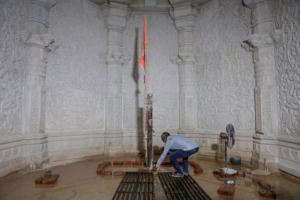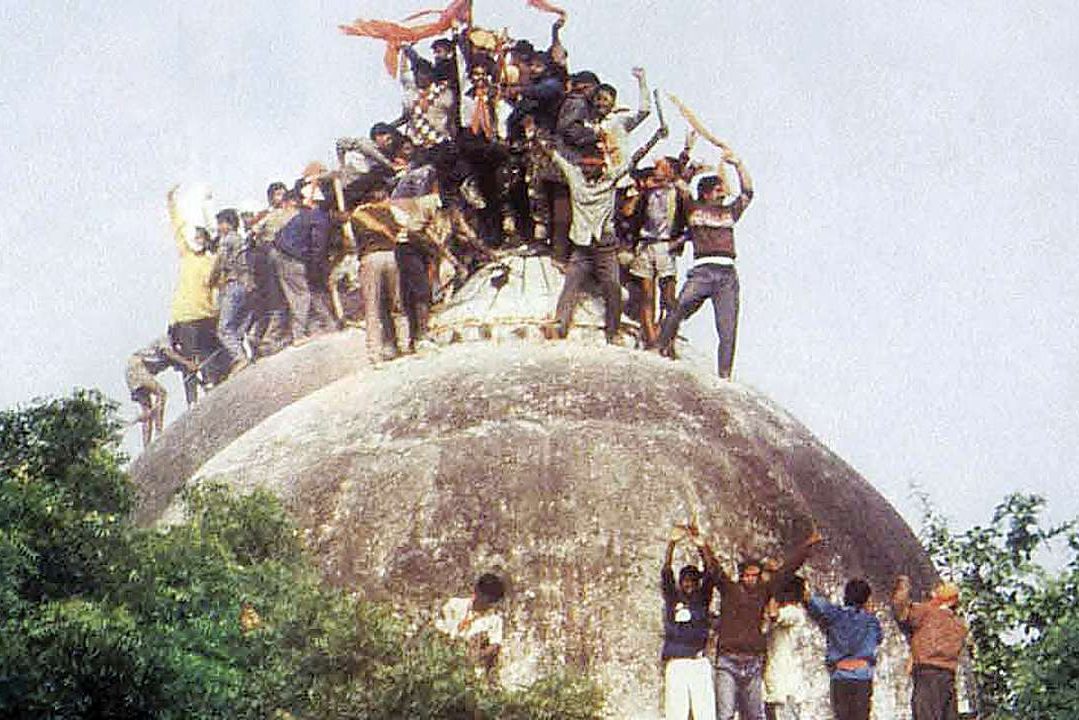A grand temple of Lord Ram, worshipped by millions of Hindus, will open in January in northern India at a site believed to be his birthplace, fulfilling a promise from the ruling party in a location that was a flashpoint for Hindu-Muslim violence.
The site in the northern town of Ayodhya, where the temple construction is nearing completion, was bitterly contested for decades with both Hindus and Muslims laying claim to it.
India’s majority Hindus say the site was the birthplace of Lord Ram, and was holy to them long before Muslim Mughals razed a temple at the spot and built the Babri mosque there in 1528.
A Hindu mob destroyed the mosque in 1992, triggering riots that killed about 2,000 people across India, most of them Muslims.
Building a Ram temple at the site has been a central, campaign theme of Prime Minister Narendra Modi’s Hindu nationalist Bharatiya Janata Party (BJP) for more than three decades.
Hindu and Muslim groups have fought over ownership of the site through India’s courts. In 2019, the Supreme Court handed over the land to Hindus and ordered the allotment of a separate plot to Muslims.

Muslim groups were not happy with the verdict but said they would accept it “with humility”.
Nripendra Misra, chairman of the Shri Ramjanmabhoomi Temple Construction Committee, said that the ground floor of the temple will be ready in December and devotees will be allowed to pray after the idol of Lord Ram is moved there in January.


